
shadoglare
gamer level 3
774 xp
774 xp
followers
8
8
Use my invite URL to register (this will give me kudos)
https://boardgaming.com/register/?invited_by=shadoglare
profile badges
...
...
...
...
recent achievements

Rated 25 Games
Rate 25 games you have played.
Rate 25 games you have played.

Gamer - Level 3
Earn Gamer XP to level up!
Earn Gamer XP to level up!

I Got What I Wanted
Add a game to your Owned list that was previously in your Wish list.
Add a game to your Owned list that was previously in your Wish list.

Novice Grader
Grade 20 more reviews or tips by clicking "Yes" or "No" in response to the question "Was this helpful?"
Grade 20 more reviews or tips by clicking "Yes" or "No" in response to the question "Was this helpful?"
Player Stats
Critic (lvl 1)
285 xp
285 xp
Explorer (lvl 0)
79 xp
79 xp
Professor (lvl 0)
83 xp
83 xp
Reporter (lvl 0)
75 xp
75 xp
About Me
Though I try to wrangle my friends together whenever possible, it still doesn't happen very often and I'm mostly an online player. I created and manage a group of players who play online using Skype - look for a guild called "Voice Gamers Guild" over on BGG!

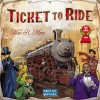




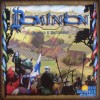


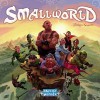


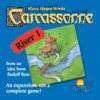











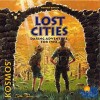

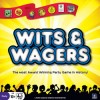



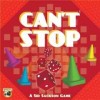




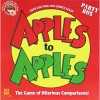









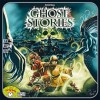

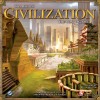
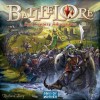
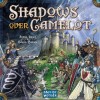






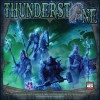

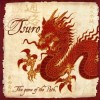
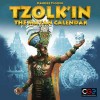



Troyes
Although Troyes does have a board that is used extensively during the game, I would have to say this could be described as primarily a dice game.
Each player gets a bunch of dice, and then what that players does with those dice determines how he or she fares in the game.
But it’s just the sheer number of things that you can do with those dice that make this game so interesting.
Players start by placing a few meeples (or pawns) on three different buildings shown on the board. Based on the number of pawns you have in each building at the start of your turn, you are given that number of colored dice that are specific to that building; for example, red dice to indicate military units, white dice to indicate religious units, and yellow dice to represent civil units.
Also at the start of your turn you are given an income, which can go up or down based on various factors in the game.
In general, the goal of the game is to gain the most victory points by the end of the game. There are a huge number of ways to go about this, and figuring out the best way to do this is of course the heart of the overall strategy.
When your turn comes around, all of the dice you were given are rolled, and then those dice can be “spent” on various actions depending on how high they rolled. For example, the red (military) dice can be used to ward off an attacker to the city. The white (religious) dice can be used to build part of a chapel, or the yellow (civil) dice can be used to set up a merchant, just as examples; each of these choices has pros and cons as far as the effects on your income and influence, and it’s up to you to figure out how best to reach your goal.
Don’t have the right dice? Well, buy them off of another player, if you have the cash – whether they like it or not.
“My Goal? You mean getting the most victory points?” you may ask. Well, yes, but that’s not all – for you see, each player is assigned a “character” that also has his own specific goals – such as having more money than anyone else at the end of the game, or the most military victories, etc – and each game you have to figure out the best way to do that – so it’s different every game.
Sound complicated? Well, it is. It took me a couple of games before I even really understood the basics, and now that I’ve played a number of times I still have not figured out any good strategies – every time I play I totally get my butt kicked, usually by a wide margin.
But the thing is, even with this complexity (it’s often referred to as a “gamer’s game,” which I’m usually not a big fan of, the game keeps calling me back. It’s both complex and fun, which in my experience can be hard to do in a game.
Oh, and a quick bit of trivia: the name Troyes is French, so it’s not pronounced “Troy-ez” which is how us Americans really want to say it. It’s pronounced “Trrwah” or something like that.